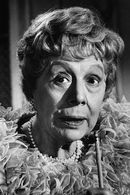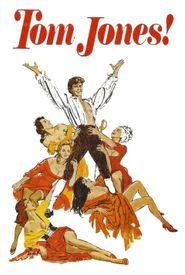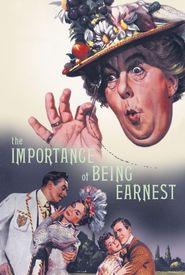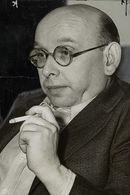Edith Evans, a renowned English stage actress, enjoyed a remarkable career spanning over five decades. Her professional stage debut in 1912 marked the beginning of a remarkable journey, as she effortlessly transitioned between classic and modern roles in the West End of London, on Broadway, and at the Shakespeare Memorial Theatre in Stratford-upon-Avon and the Old Vic.
Throughout her illustrious career, Evans received numerous accolades, including being made a Dame Commander of the Most Excellent Order of the British Empire in 1946, equivalent to a knighthood. Her impressive stage presence was acknowledged by none other than Laurence Olivier, who noted that her power began to wane in the early 1960s as her memory dimmed with age.
As her stage career slowed, Evans made a successful transition to the screen, initially ignoring the medium for the first two decades of talking films. Her remarkable film debut in 1915 was followed by a 33-year hiatus, during which she appeared in no films at all. However, she returned to the screen in 1949, supporting a young Richard Burton in Emlyn Williams's Woman of Dolwyn.
Throughout the 1950s, Evans made memorable appearances in films such as The Queen of Spades, The Importance of Being Earnest, The Nun's Story, and Look Back in Anger. Her performance as Miss Western in Tony Richardson's Oscar-winning Best Picture Tom Jones (1963) established her as a major film presence, earning her first Oscar nomination. The following year, she received her second Oscar nomination for The Chalk Garden.
In 1967, Evans won a Golden Globe and the New York Film Critics Circle Award as Best Actress for her performance as a frightened old lady in Bryan Forbes's The Whisperers. This role also brought her a 1967 Oscar nomination, although she lost to Katharine Hepburn, who was riding a wave of Hollywood sentiment following the death of her long-time lover Spencer Tracy.
Dame Edith Evans continued to act in films until her death on October 14, 1976, at the age of 88. Although the material she worked with was often beneath her great talent, her remarkable career left an indelible mark on the world of theatre and film.







































